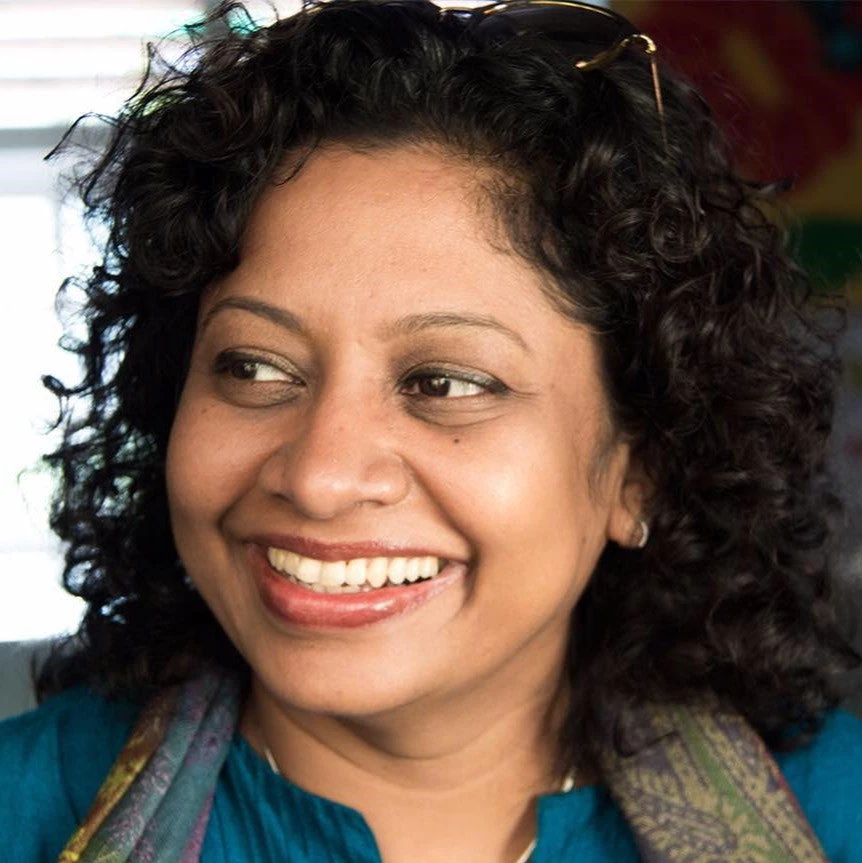 The theme for this year’s World Bank Civil Society Fund grant competition is, “Development and Climate Change – Building Community Resilience in the Dry Zone of Sri Lanka” While specifying guidelines for the Fund, we encourage applicants to develop proposals based on their creativity. CSF supports activities that empower and enable citizens to take initiatives to influence development outcomes.
The theme for this year’s World Bank Civil Society Fund grant competition is, “Development and Climate Change – Building Community Resilience in the Dry Zone of Sri Lanka” While specifying guidelines for the Fund, we encourage applicants to develop proposals based on their creativity. CSF supports activities that empower and enable citizens to take initiatives to influence development outcomes.
Feizal Samath’s recent article,“Children in the Coastal Town of Kalmunai.” gives a snapshot of Gender issues and Climate Change in the dry zone of Sri Lanka. The article captures the burden on women caused by water shortages, health issues due to lack of clean water, and also the need to include women in policy planning.
In a speech made by World Bank Country Director for Sri Lanka and the Maldives, Naoko Ishii on International Women’s Day 2010, the issue of Gender Equity in the Sri Lankan context was highlighted “Sri Lanka is the best performer in South Asia, when we look at indicators such as by how long women live, how educated they are and if they have a decent standard of living. However, when we measure if women in Sri Lanka have exercised those capacities in economic and political life, the picture looks very different.”
Does this mean that Sri Lankan women are educated but not socially, economically and politically empowered? What is being done to address this issue and what remains to be done?
The Country Director, in her same speech highlighted some initiatives taken by World Bank supported projects in Sri Lanka. One example is the recent Cash for Work program under the Emergency Northern Recovery Project.
Social Protection Economist and CSF Advisor Susrutha Goonesekera said, “The cash for work program offers equal opportunity both men and women to earn a given wage. This opportunity coupled with economic gains will allow women to contribute towards improving climate change adaption and mitigation outcomes.”
In a conversation about gender and climate change with former colleague Indika Samarakoon, “women living in rural areas are still largely responsible for securing food, water and energy for daily use. With frequent droughts especially in the dry zone areas of Sri Lanka, women need to travel great distances to access clean water sources, this adds to their already busy schedules, and gives them very little time to earn an income, get an education or for leisure. Women find it difficult to recover from a natural disaster as they do not own land or other liquid assets that can be sold to secure income in an emergency. In terms of climate change, women can play a pivotal role in helping to mitigate the effects of climate change, by giving them the opportunity to participate as role models, decision makers and as environmental stewards.”
Prospective projects of CSF 2010 can look at using women as change agents who can contribute towards building community resilience; this is through their traditional knowledge on sustainable use of forest plants and products, soil conservation, developing home gardens food security and as buffers towards extreme weather conditions, water conservation methods and so on. CSF 2010 could also look at initiatives aimed at raising community awareness on measures that can be taken by community groups in partnership with public and private partners.
In conclusion, I would like to leave some food for thought and for discussion by capturing an extract from the World Development Report 2010: Development and Climate Change page 43.
Please apply for the grant if you have a project in mind. Recipients will receive up to $9,000 to implement their projects.
-Women’s participation in disaster management saves lives
-Women’s participation boosts biodiversity and improves water management
-Women’s participation enhances food security and protects forests
-Women’s participation supports public health
-Globally, gender-sensitive climate change adaptation and mitigation programs show measurable results: women’s full participation in decision making will save lives, protect fragile natural resources, reduce greenhouse gases, and build resilience for current and future generations. Mechanisms or financing for disaster prevention, adaptation, and mitigation will remain insufficient unless they integrate women’s full participation—voices and hands—in design, decision making, and implementation.
Sources: Contributed by Nilufar Ahmad, based on Parikh 2008; Lambrou and Laub 2004; Neumayer and Plumper 2007; Smyth 2005; Aguilar 2006; UNISDR 2007; UNDP 2009; and Martin 1996.


Join the Conversation